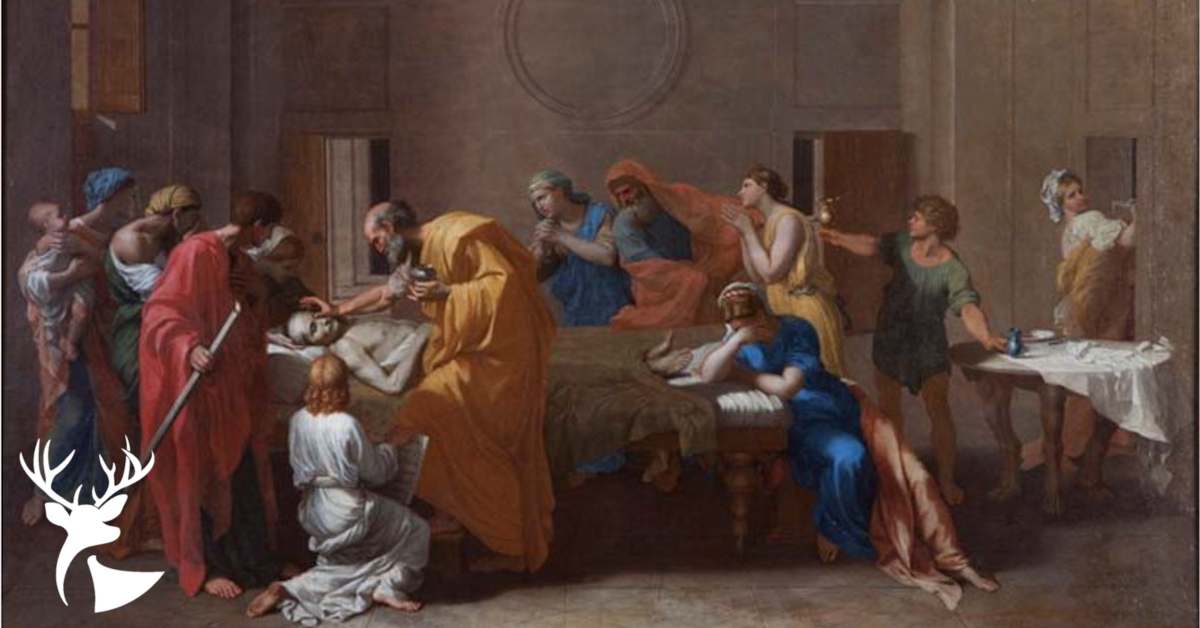
Life and Death in Christ
By Aaron Henderson | August 31, 2022
“Is any among you sick? Let him call for the elders of the church, and let them pray over him, anointing him with oil in the name of the Lord; and the prayer of faith will save the sick man, and the Lord will raise him up; and if he has committed sins, he will be forgiven.”
—James 5:14-15 (RSV-CE)
← Return to Musings
Life and Death in Christ
By Aaron Henderson | August 31, 2022
“Is any among you sick? Let him call for the elders of the church, and let them pray over him, anointing him with oil in the name of the Lord; and the prayer of faith will save the sick man, and the Lord will raise him up; and if he has committed sins, he will be forgiven.”
—James 5:14-15 (RSV-CE)
The last couple of years have forced us to confront the realities of suffering and death. I speak of coercion because we rarely enjoy thinking about suffering and death. They make us uncomfortable, at the very least, and at times perhaps even paranoid and fearful. In a certain respect, these reactions are understandable. Suffering and death are not desirable in themselves, involving as they do the weakening or destruction of the human body. But they are unavoidable, at least in this fallen world.
We often avoid talking about suffering and death in the spiritual life as well. We neglect to consider all the suffering that sin can bring us and those whom we love. We fail to reflect on the reality of spiritual death and the possibility of the second death of hell. And here too the neglect is somewhat understandable. Our own wickedness, or that of our loved ones, is a difficult thing to come to terms with, in part because our wickedness signifies to us that we need to convert to God, that we need to do the challenging work of changing our lives. Vices are bad habits, and habits are stable and deeply ingrained and thus hard to uproot. But again, such suffering is practically unavoidable in this vale of tears, and with the grace of God we are called to overcome sin and spiritual death. Indeed, that is why Christ came.
Because we neglect or misunderstand suffering and death, we likewise neglect or misunderstand the sacrament of Anointing of the Sick, which exists for the sake of strengthening those who are seriously ill or aged and in danger of death. We forget this sacrament at our peril.
God in the Old Testament is the healer of His people, a physician for all who call upon His name. Jesus Christ continues this healing ministry in the New Testament, using His sacred humanity as the instrument of His divinity. Jesus restores sight to the blind, cleanses the leper, raises the dead, but the more vital healing is always spiritual. The bodily healing of the paralytic in Mark 2, for example, is a sign of the interior healing of his sin-wounded soul. Jesus’s earthly ministry, consummated on the bloody Cross, accomplishes most proximately not freedom of the people of Israel from Roman occupation, but the liberty of all men from the slavery and dominion of sin.
Now that Jesus has ascended to the Father, has His healing ministry ceased? By no means! Jesus continues to touch us through the sacramental mysteries. While all the sacraments in their own manner serve to heal and elevate human nature, there are two sacraments specially ordered to healing: Penance and Holy Anointing. If the former is primarily concerned with restoring supernatural life to the spiritually dead, the latter is concerned with strengthening the spiritually alive but sick. Because we are wounded by sin, inordinately attached to creatures even after being forgiven, we are often susceptible to doubt, anxiety, fear, anger, loneliness, and other vices when we are seriously ill or dying. Just reflect on how physical weakness, lack of sleep, and emotional distress can impact you. The first grace of Anointing of the Sick addresses precisely this reality. Here is how the Catechism puts it: “The first grace of this sacrament is one of strengthening, peace, and courage to overcome the difficulties that go with the condition of serious illness or the frailty of old age. This gift is a grace of the Holy Spirit, who renews trust and faith in God and strengthens against the temptations of the evil one, the temptation to discouragement and anguish in the face of death” (1520). Notice that the primary grace of the sacrament is not one of physical healing. Yes, sometimes physical healing does result, but this is not principally why the sacrament was instituted. Even were a person to be miraculously saved from physical death, it would not be delayed forever. Instead, the sacrament is meant to save one from eternal death and prepare the soul to be with God in heaven forever.
Christ instituted the sacraments for a reason, including Extreme Unction (our “last anointing”) or Anointing of the Sick. Though we may be reluctant to contemplate for too long a sacrament bound up with the human conditions of suffering and dying, perhaps our sentiments will change when we remember what a merciful gift it is. It is a unique conformation to the passion and death of Christ, and thus a special sharing also in His victory in the Resurrection. Let this, then, be a call to rediscover the beauty and power of Holy Anointing.
More Reading

Dr. Aaron Henderson is a Faculty Tutor for the Alcuin Institute for Catholic Culture.


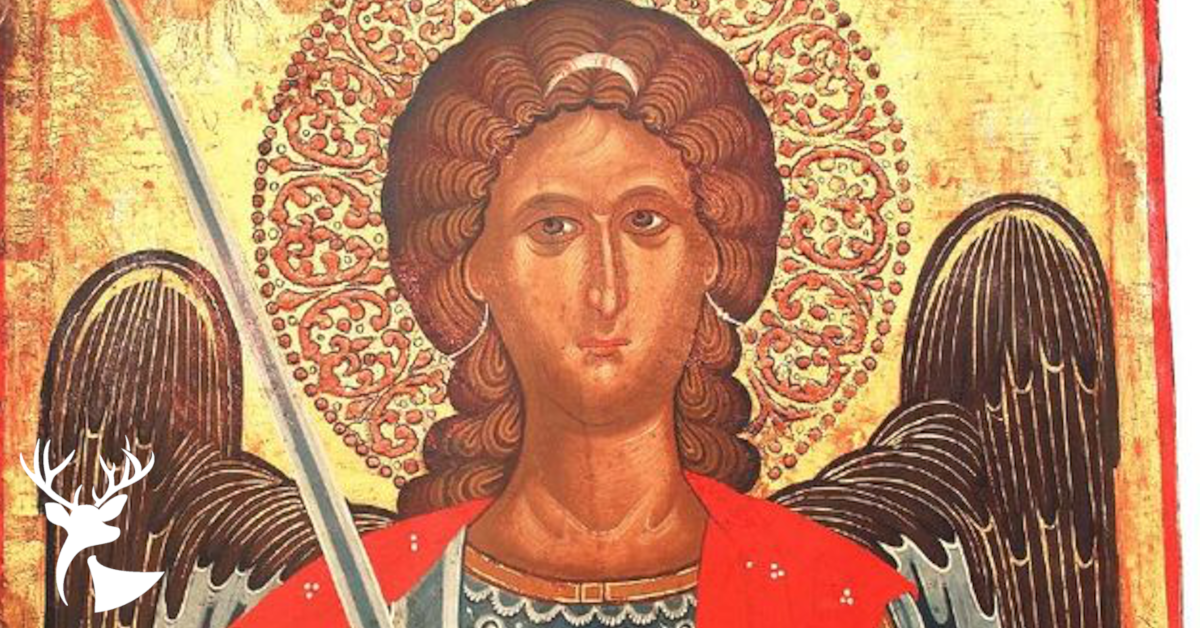
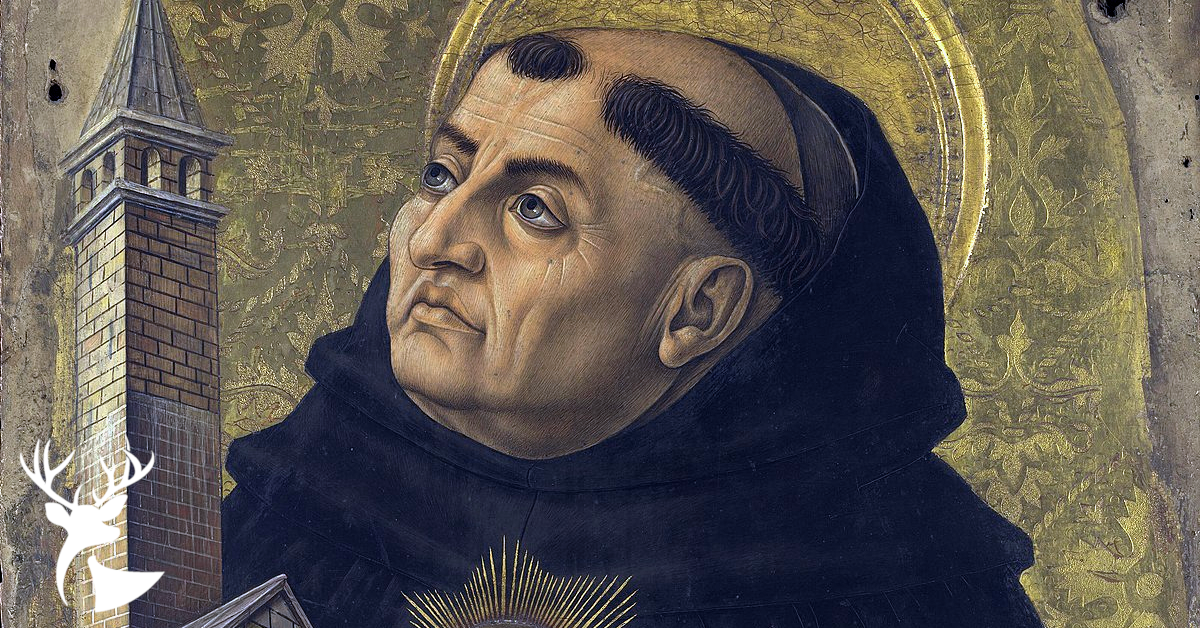
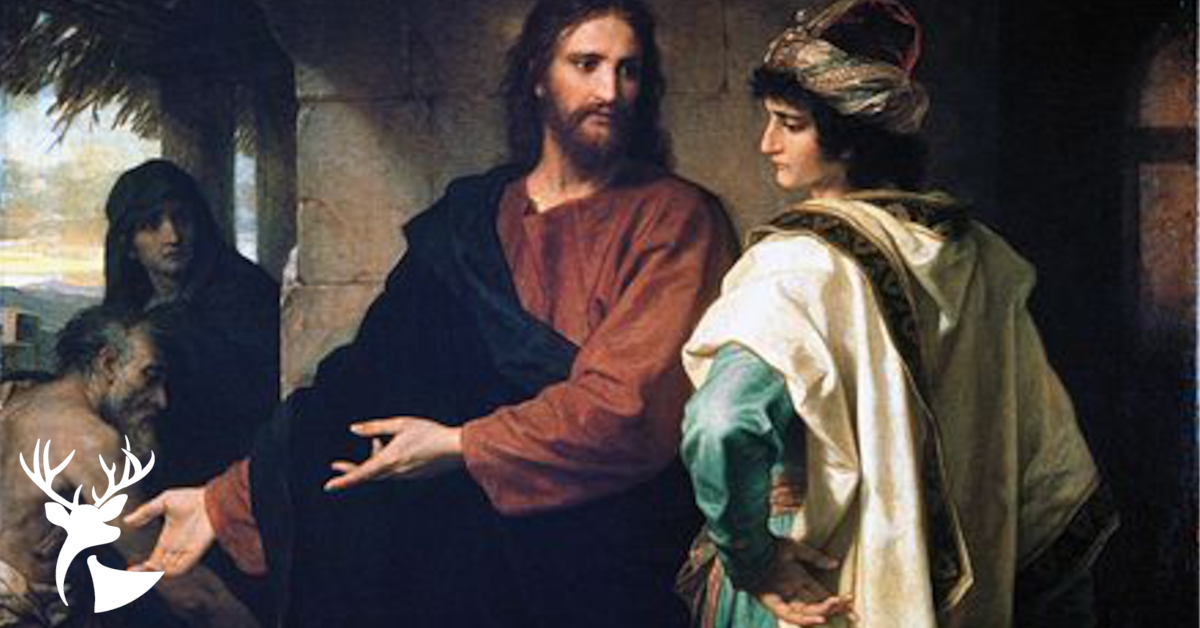
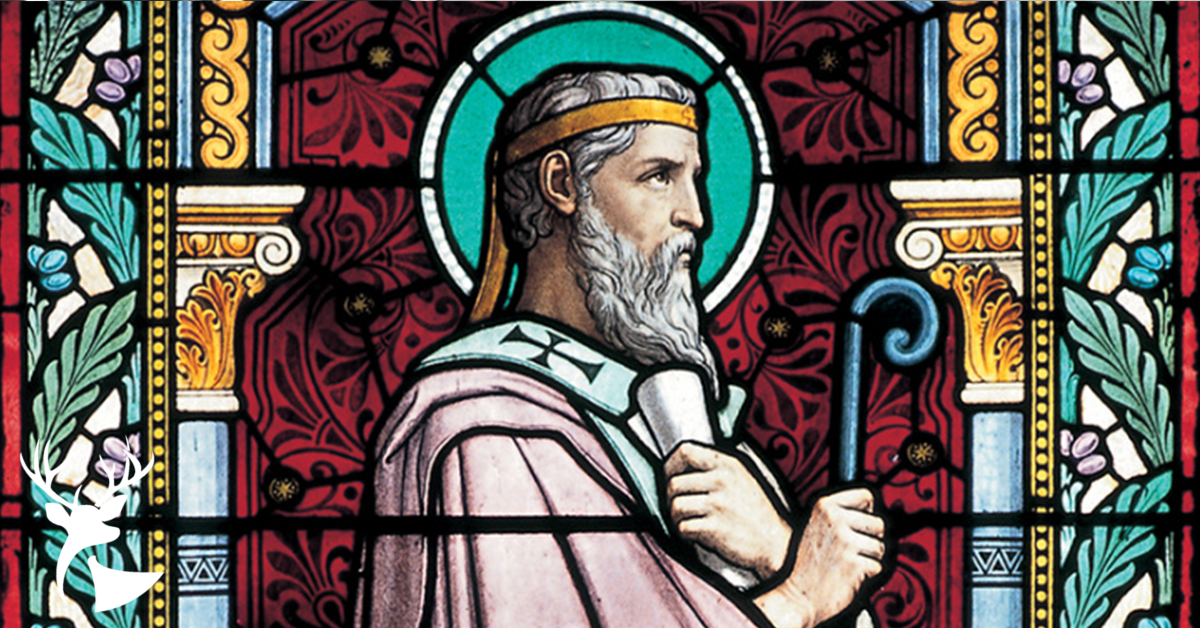
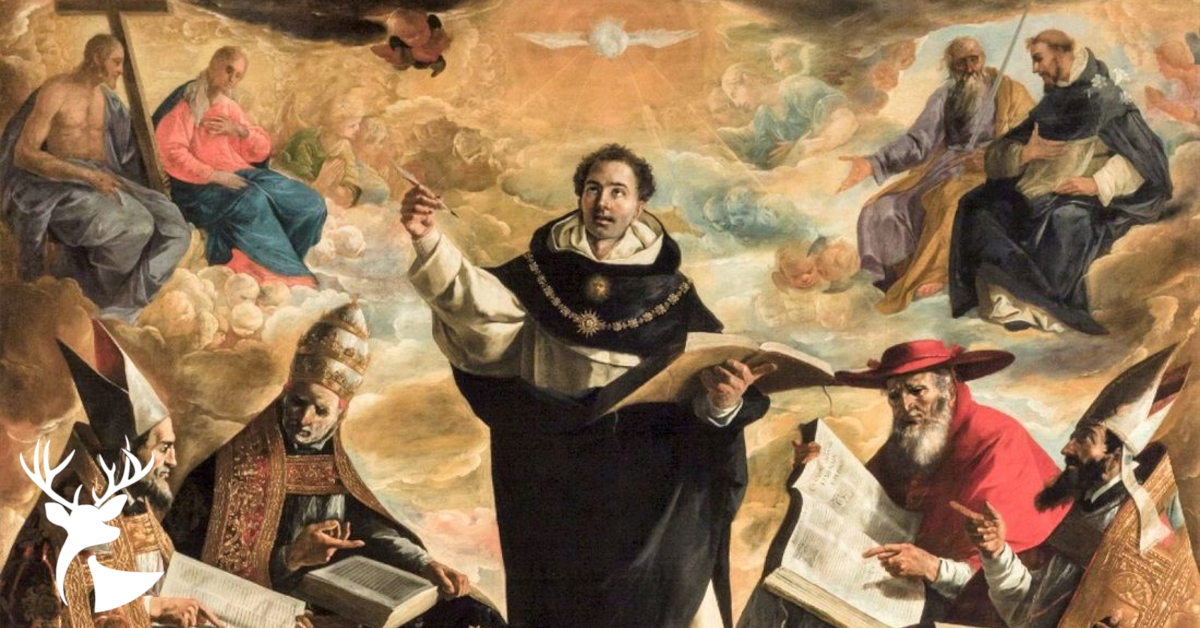

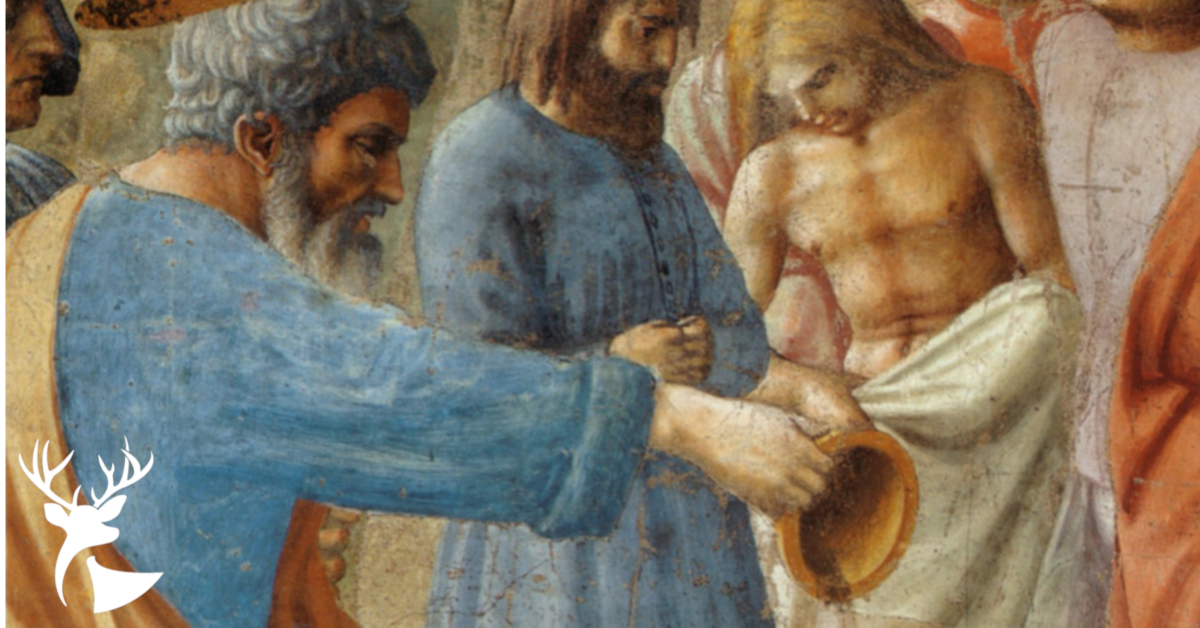
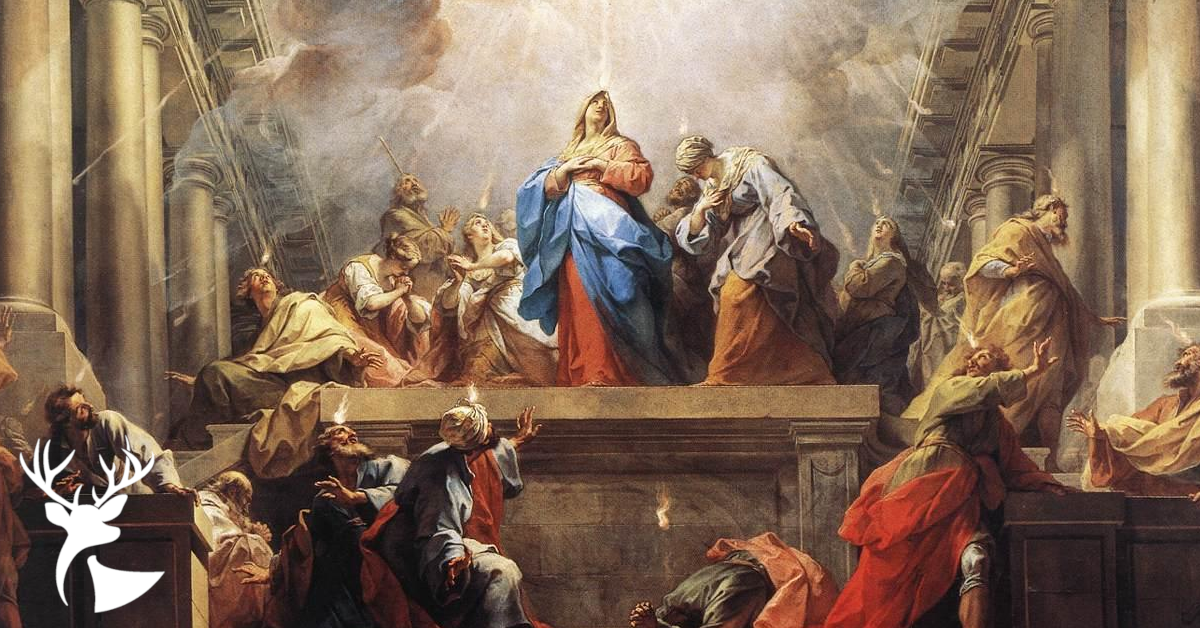
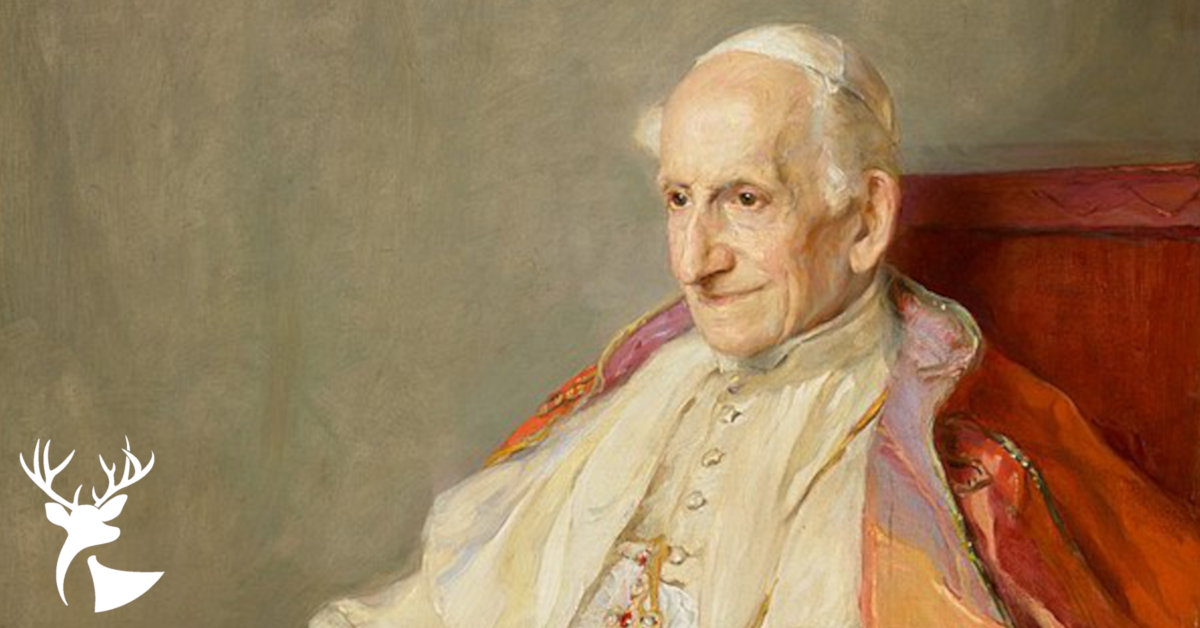
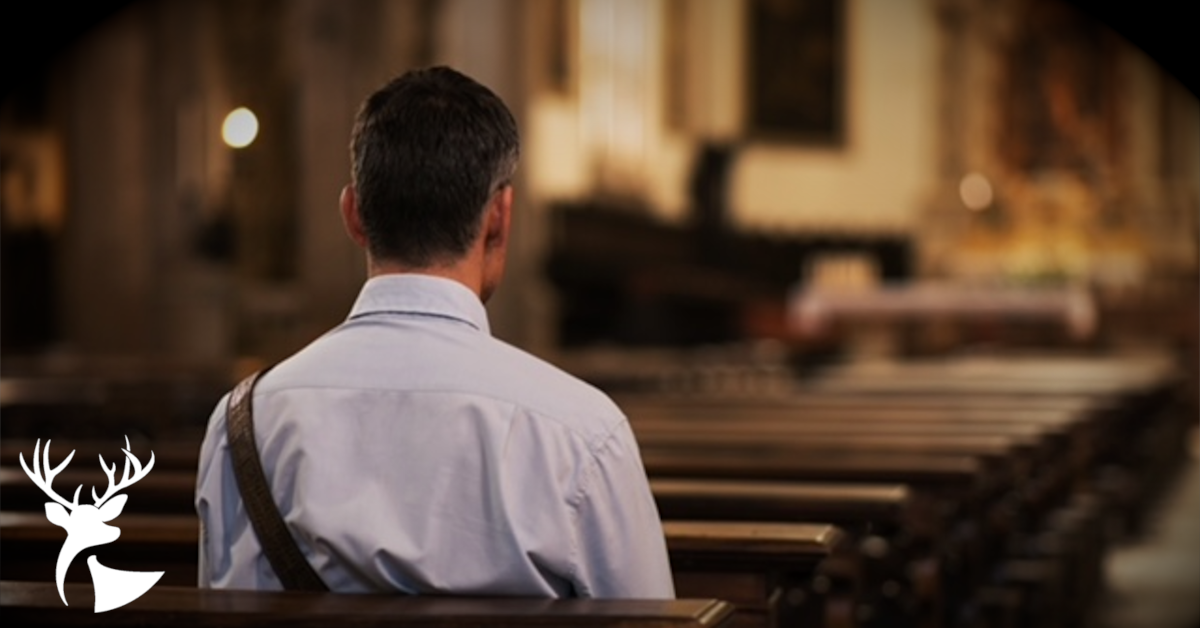
Thanks for a great reflection on this sacrament!
Thanks for the kind words, John! I hope you are doing well.